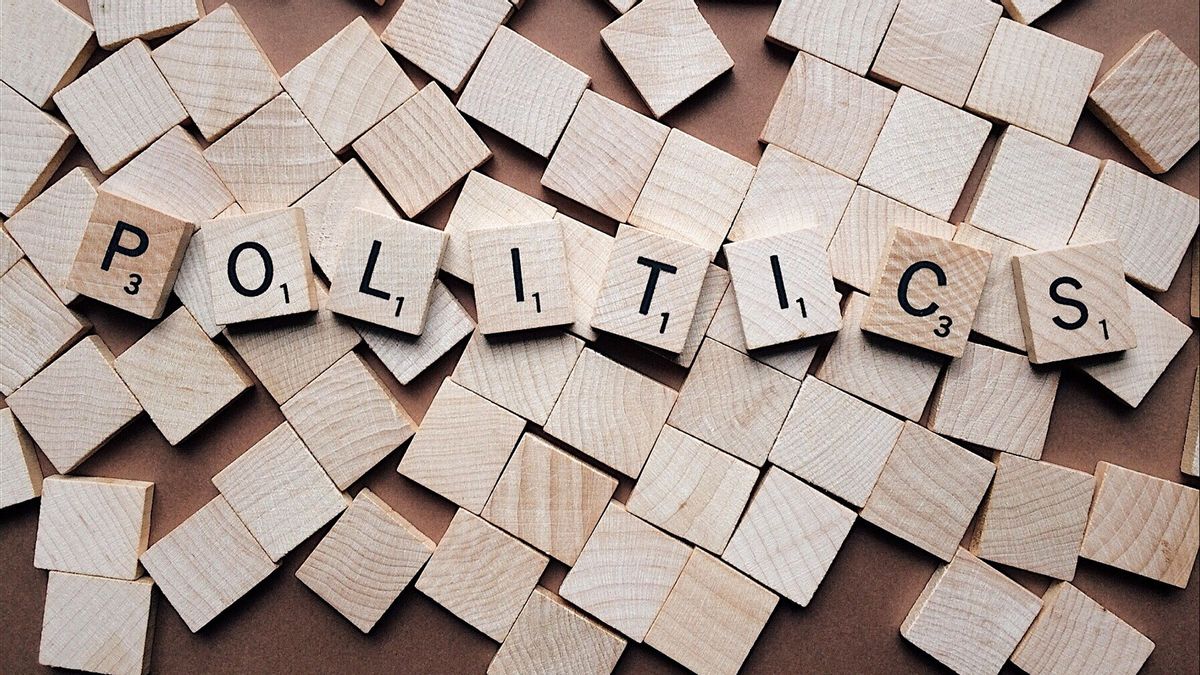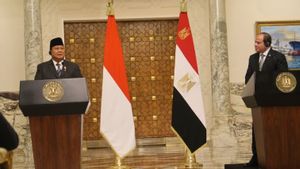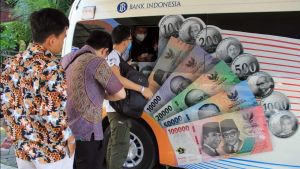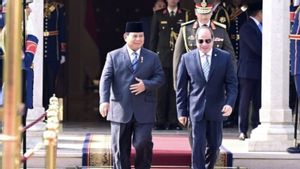JAKARTA - Political observer Karyono Wibowo assesses that the rise of identity politics, which has led to acts of intolerance accompanied by hate speech, has contributed to the decline in the Indonesian Democracy Index.
"Identity politics has culminated in the political momentum since the 2017 DKI Jakarta Pilkada, the 2019 Election, until the post-election," said Karyono in Jakarta, Wednesday, May 19.
Executive Director of the Indonesia Public Institute (IPI) said the decline in Indonesia's Democracy Index was also due to threats to civil liberties and acts of violence.
According to Karyono, the downward trend in the democracy index in Indonesia is one of the reform challenges that must be resolved immediately.
"Strengthening the democratic system, which is one of the goals of reform, still faces a number of obstacles," he said.
In addition, a number of indicators still score poorly, including the issue of civil liberties and pluralism. This can be seen from the Indonesian Democracy Index (IDI) figures based on data from the Central Bureau of Statistics (BPS) 2018–2019 which shows a decrease in the aspect of Civil Liberties by 1.26 points (from 78.46 to 77.20).
The most severe aspect, he said, whose scale is still below 60 is the problem of threats or the use of violence by the community that hinders freedom of expression, with a scale of 57.35.
Karyono said that a serious threat to democracy arose from the Islamic organization Hizbut Tahrir Indonesia (HTI), which considered the democratic government system and Pancasila to be tagut. In fact, he said, HTI openly wants to replace a democratic government system based on Pancasila with a caliphate system.
Meanwhile, at the same time the Islamic Defenders Front (FPI) is often accused of being the culprit of mass organizations with extreme views that spread intolerance and often take the path of violence as a method of struggle.
In the end, the two mass organizations were declared banned by the government because they were against the law on mass organizations.
"However, the government's move is seen by some as an action that threatens freedom of opinion and association. There are still pros and cons. This difference in view shows an anomaly. On the one hand, the government is considered to crash democracy, on the other hand it actually saves democracy from threats from certain groups," said Karyono.
The difference in views regarding the prohibition of the two mass organizations, added Karyono, would be difficult to avoid because these differences of opinion are part of democracy itself.
"However, the implementation of democracy must run on the tracks of the constitution and regulations so that democracy does not eat its own children. In other words, rules are needed so that democracy runs well," Karyono concluded.
It is known, The Economist Intelligence Unit (EIU), which measures the implementation of the democratic performance of countries in the world in 2020, shows that the Indonesian Democracy Index score has decreased.
Indonesia's Democracy Index is ranked 64th in the world out of 167 countries with a score of 6.3. Although in terms of ranking Indonesia was still the same as the previous year, this score decreased from the previous figure of 6.48. Indonesia's ranking in the Southeast Asia region is in fourth place, behind Malaysia, Timor Leste and the Philippines.
The English, Chinese, Japanese, Arabic, and French versions are automatically generated by the AI. So there may still be inaccuracies in translating, please always see Indonesian as our main language. (system supported by DigitalSiber.id)













